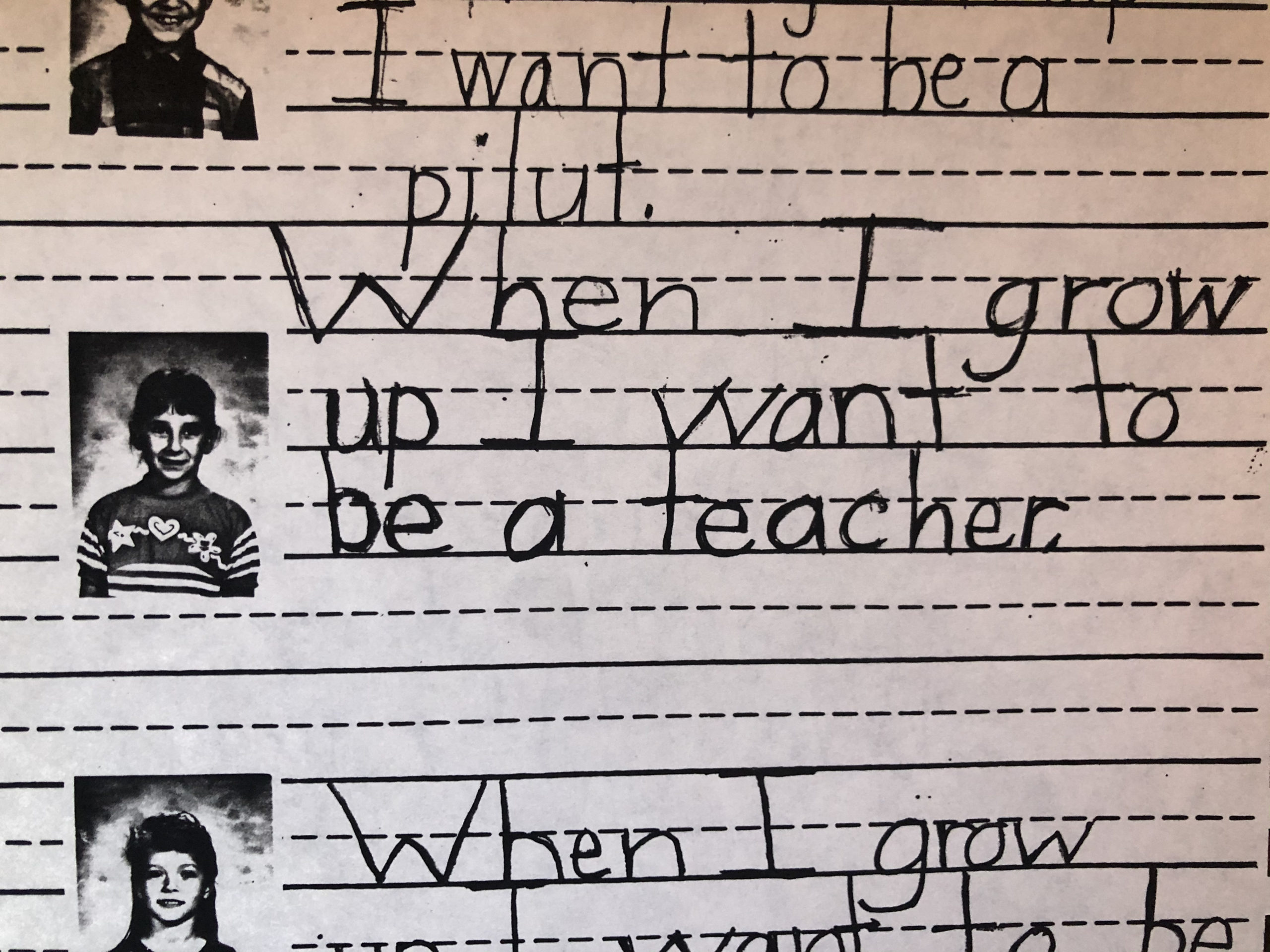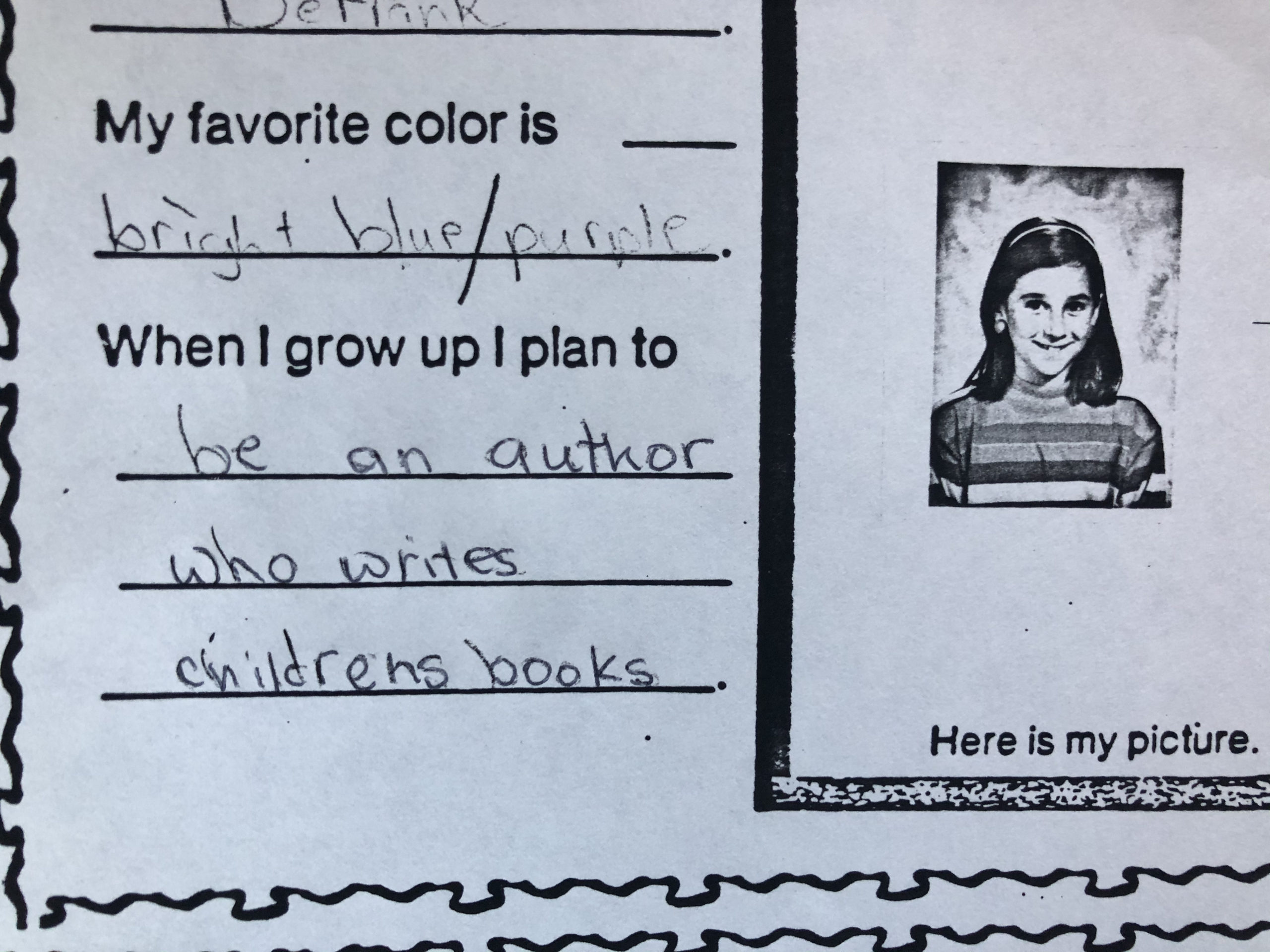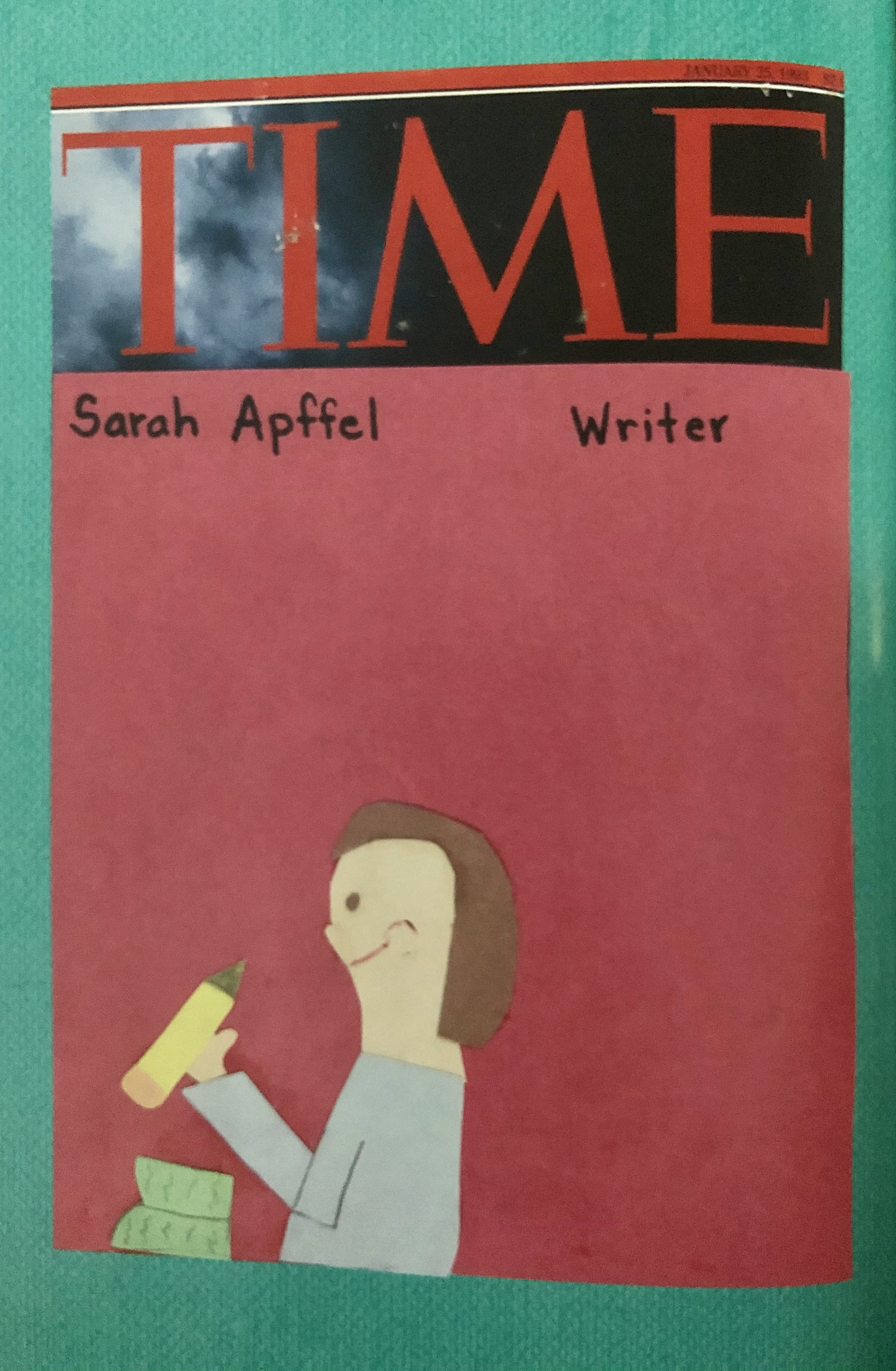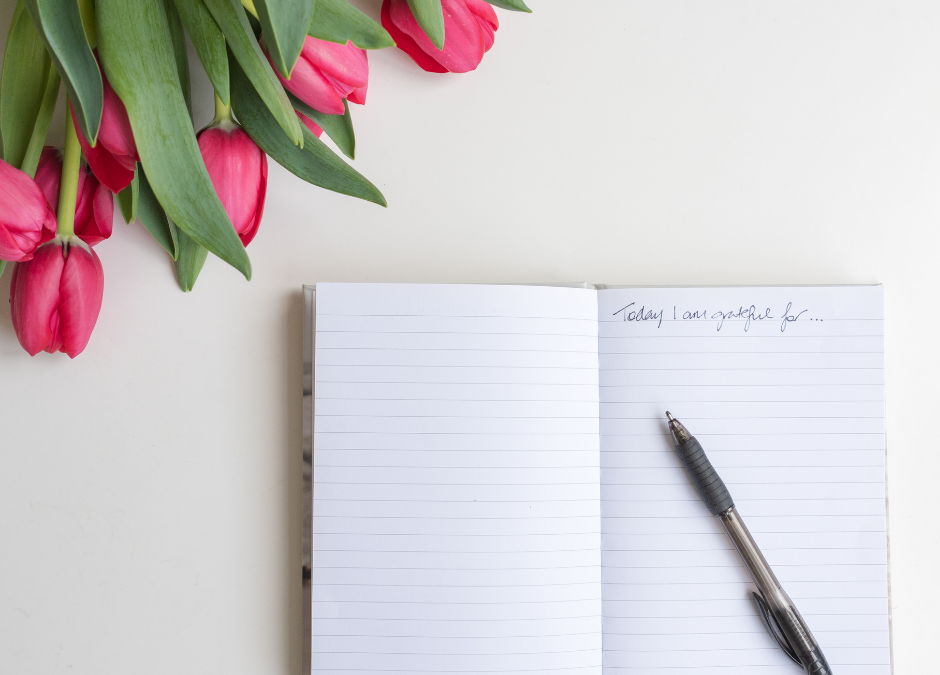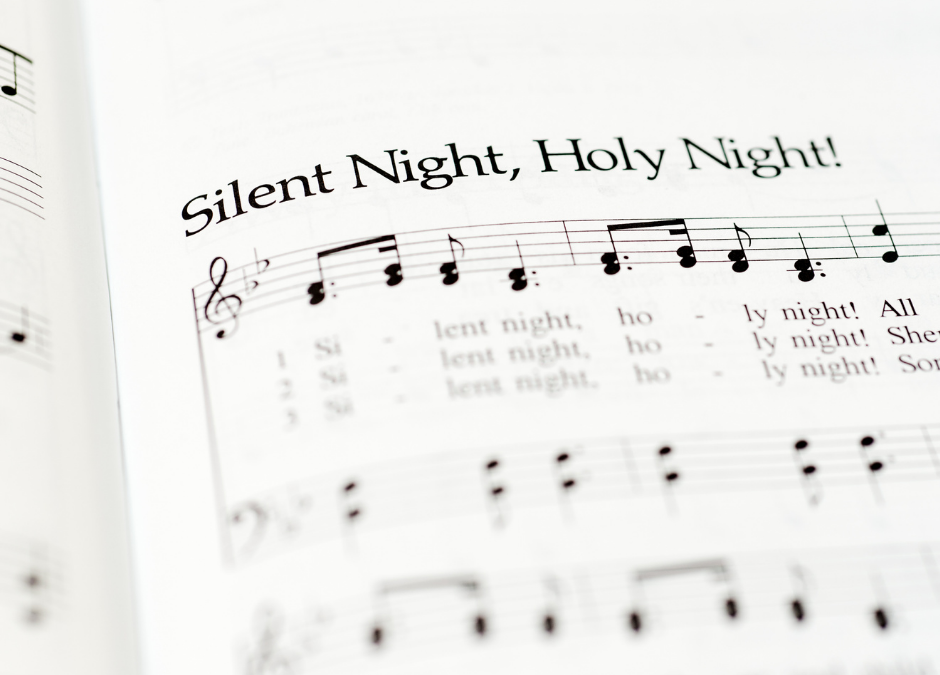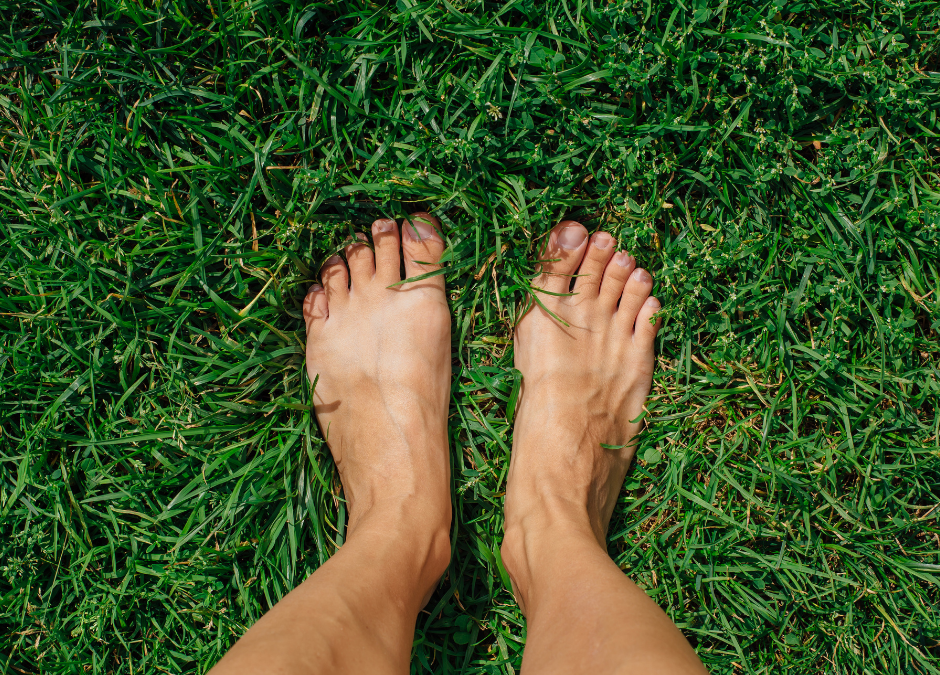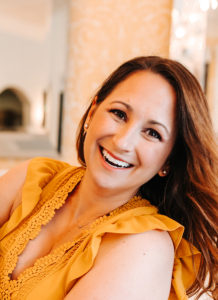
Carnival in the Time of Covid
The other day, I stood whooping for beads, arms waving, with a baby on my hip, as I watched one my town’s local Mardi Gras parades march past. I reached for a juice box for my youngest, and I looked up to see float riders passing by, dressed in plague doctor masks. These masks were first used as (ineffective) protection for physicians against the plagues of the 1500s and 1600s, and later morphed into an iconic carnival costume, meant to embody death and disease.
I turned to my husband, wrangling our other kids, pointed to the float and said, “Oh my God. THAT’S CARNIVAL.”
I’m pretty sure he heard me and was like mmhmm, cool.
In the years I spent studying, reading, and writing about Early Modern Spanish literature while I completed a Ph.D., I learned about Mikhael Bakhtin (1895-1975), a literary theorist and philosopher. From the moment I saw the plague doctor masks, I couldn’t stop thinking of him and his theories. (Old habits die hard.)
Bakhtin was particularly interested in the carnivals of Medieval Europe, when traditional power structures of both church and state were inverted. Not only were revelers given a kind of sanctioned freedom for a period of time, but the established power hierarchies and the traditional order of things were open to ridicule and even re-examination. With the European Renaissance and the advent of capitalism, Bakhtin argues that the carnival spirit of society waned, but it was reborn as a literary tendency, most notably in Francois Rabelais Gargantua and Pantagruel. Like the carnivals themselves, carnivalesque literature fomented the deconstruction and re-imagination of established norms, making way for new ideas and alternate ways of seeing the world and existing in it.
Modern carnival is a time for extravagant celebrations, opulent costumes, gleeful parades, masquerade balls, and a glut of traditional food and drink that disrupt the monotonous predictability of our everyday lives. But historically, these few weeks a year of carnival are also a time for social and political parody; representations of overt sexuality, degrading acts, and vulgar language; grotesque depictions of the body and disease; and imagery of death as a joyful occasion. If you pay attention to even the quaintest of Mardi Gras parades, you are likely to catch allusions these more egregious iterations of the tradition – like I did.
Carnival is, as Bakhtin would say, the world turned upside down. Everything that is normally prohibited is celebrated, and all that is virtuous is ridiculed. Even traditional hierarchies of power are temporarily, if only superficially, abandoned, and people of all classes momentarily live as equals in a rare instance of social unification. Masks that disguise the revelers’ identity not only afford them the anonymity to partake in the debauchery and disrespect of societal norms, but they also create a sea of humanity unbound by individual identities and power structures. During carnival, we are all the same fallen creatures, no one better than the next.
While the world is turned on its head for these few weeks, there is a collective release of social, political, religious, and sexual energy, which ironically serves to eventually reinforce the established order of things. After the chaos and indulgence of carnival, order, control, and structure are welcome respites. Society recalls why it does indeed prefer the norms by which it is traditionally controlled. And everything, more or less, goes back to normal.
When viewed in the context of the Covid years, I couldn’t help but see Mardi Gras in a new light.
For one thing, Mardi Gras was cancelled in 2021, and we missed (and necessarily so) the opportunity for the brief escape and pressure release that carnival brings.
For another, most of us have been living in what feels like a continually upside down world for more than two years, but without the gluttony, costumes, and merrymaking parts. Celebrations and gatherings of all kinds have been postponed over and over again. People have been dying who were too young and healthy to die; or who had survived any number of other illnesses and conditions only to finally succumb to Covid. Experts have been labeled as heretics and frauds. The information we have gotten from the top down has been sporadic, confusing, and often contradictory, leaving us floundering for how to make decisions. Healthcare professionals, first responders, teachers, and essential workers have been asked to do more than ever and risk their lives while doing it – for the same pay and half the respect. Conspiracy theories have been widely propagated and believed. Now, we watch in disbelief and horror as the world tiptoes around and away from Putin’s desire for World War III. And instead of the shared trauma creating societal unity, we are more unequal and clawing harder for our own power than ever before.
Many people, long before Covid, lived and still live in a sort of perpetual upside down world, and as such the world we have now must not feel as foreign to them as it does to others who are fortunate enough to live more or less comfortably within the established order of things.
I imagine, though, that for all of us, carnival hits a little differently this year. We get to pretend that even in the strangest and scariest of times, we can still flip our world inside out for these weeks of festivity before Lent, pretending that we still have some modicum of control over how things happen, even if we don’t. Maybe we remember for a few days that we are not that different from all the people we make out to be monstrous. We have the opportunity to connect with other humans over our fallenness. We find, I hope, some comfort in the recognizance of our shared vulnerability, our common primal needs and instincts, our sins (whatever we believe those to be), and yes, even our goodness. Maybe most of all, we are reminded that when everything is so upside down all the time, we can choose – as we do during carnival – to face life with a tenacious determination to play, create, re-think, re-imagine, and find joy and connection, no matter our literal or metaphorical distance from one another.
Carnival is still for reveling, celebrating, releasing, losing yourself, forgetting the rules, indulging, feeling your feelings, and rediscovering your gut instincts. Maybe even for remembering why you love people. And when it’s over, the normal order returns, as it always does, even if little by little it gets modified or torn down in places – but it’s us who don’t have to come back the same.


